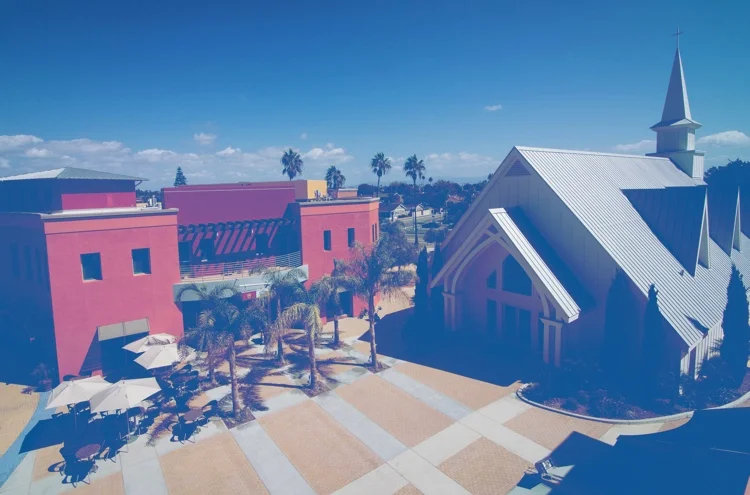READ
This week’s we wrapped up our Focus series by talking about our call to love, and what it means for us to love others. His main teaching text was 1st Corinthians 13...
IfIspeakinthetongues[a] ofmenorofangels,butdonothavelove,Iamonlyaresoundinggongor a clanging cymbal. If I have the gift of prophecy and can fathom all mysteries and all
knowledge, and if I have a faith that can move mountains, but do not have love, I am nothing. If I giveallIpossesstothepoorandgiveovermybodytohardshipthatImayboast,[b] butdonothave love, I gain nothing.
Love is patient, love is kind. It does not envy, it does not boast, it is not proud. It does not dishonor others, it is not self-seeking, it is not easily angered, it keeps no record of wrongs. Love does not delight in evil but rejoices with the truth. It always protects, always trusts, always hopes, always perseveres.
Love never fails. But where there are prophecies, they will cease; where there are tongues, they will be stilled; where there is knowledge, it will pass away. For we know in part and we prophesy in part, but when completeness comes, what is in part disappears. When I was a child, I talked like a child, I thought like a child, I reasoned like a child. When I became a man, I put the ways of childhood behind me. For now we see only a reflection as in a mirror; then we shall see face to face. Now I know in part; then I shall know fully, even as I am fully known.
And now these three remain: faith, hope and love. But the greatest of these is love.
We often approach this famous passage as if it were a checklist. We think that the challenge is to try our best to master the items on the list. The truth is that this is not a comprehensive “to do” list for believers. Instead, it is a description of the traits that characterize a person who follows Jesus. It is not about acting a certain way. It is about our very motives being permeated by the love of Jesus that lives inside of us.
Scott also talked about the fact that Christians tend to fall into two general categories, those who are about grace, and those who are about truth. Those of us who more highly value truth tend to be more judgmental. We want people to do what is right and we will speak to our convictions with little regard for the feelings of others. Those of us who fall in the “grace camp” value harmony and despise tension. We err on the side of forgiveness without accountability. Most people look at this as a balancing act. We ask how we can practice grace while balancing it with truth, but Jesus didn’t do this. He was
one hundred percent gracious, and one hundred percent truthful. The book of John tells us that he was “full of grace and truth”; two things that live in tension with one another. And when we follow Jesus, we live in that tension. In all situations, we seek to answer the question, “What does love require of me?”
DISCUSS
Have you ever interacted with a person who displayed some of the traits described in 1 Corinthians 13, but was not motivated by love? How could you tell the difference? What made you suspect that their motives were not sincere?
What are the negative effects of looking at 1 Corinthians 13 as a checklist?
As we grow closer to Jesus, our lives become characterized by the attributes of love. In the same way that a tree doesn’t try to bear fruit, a Christ-follower naturally produces Christ-like attributes. What fruit has grown in your life as a result of following Jesus?
Would you describe yourself as a “grace” person or a “truth” person. How would you defend your position as being more valid than those on the other side of the argument. Go ahead and rant a little bit if you want to.
How does the cross show us that Jesus is completely gracious, and completely full of truth at the same time?
When we deal with difficult people, how can we be both completely gracious and completely truthful? See if you can come up with some examples.
PRAY
PRAY FOR YOUR LIFE GROUP
Pray that we will embrace the tension between grace and truth, and learn to live in it. Pray that we will develop Christ-like traits in our lives that are motivated by love.
PRAY FOR FCC & OUR COMMUNITY
Pray that people will experience the love of Jesus through us this week on the third, fourth, and fifth of July, as we serve our community. Pray that every interaction is full of love and authentic care for others.

